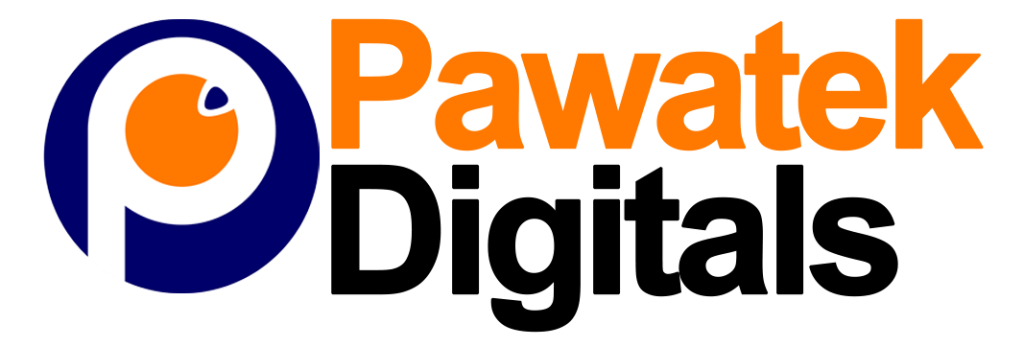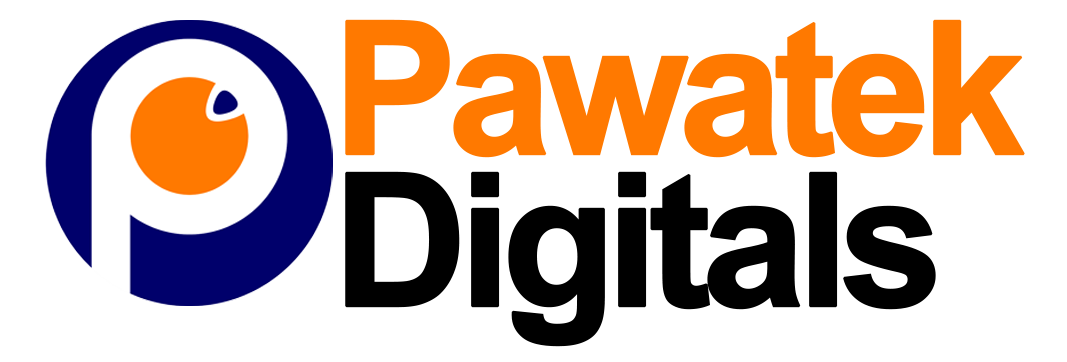These are some of the reasons why WordPress is the most used CMS
WordPress, just like Joomla, Drupal, Prestashop and others are called Content Management Systems. A Content Management System (CMS) is a software application or platform that allows users to create, manage, and organize digital content on a website without the need for advanced technical knowledge or coding skills. It simplifies the process of creating and maintaining a website by providing an intuitive user interface that enables users to add, edit, and publish content easily.
Among all the CMS in the digital world today, WordPress stands out. It’s widely used around the world and has millions of users. When compared to other CMS’s, below are some of the reasons why WordPress is powering more than 40% of all active websites today.
As of my last update in September 2021, WordPress was indeed one of the most popular content management systems (CMS) on the internet. While I cannot provide real-time data, I can outline some of the key factors that contributed to WordPress’s popularity at that time, which might still hold true in 2023:
Ease of Use: WordPress is known for its user-friendly interface, making it accessible to both beginners and experienced users. You don’t need extensive technical knowledge to set up a basic website or blog using WordPress.
Open-Source and Free: WordPress is an open-source CMS, meaning its source code is freely available to the public. This not only allows anyone to use the software without any cost but also encourages a large community of developers to contribute, leading to constant improvements, updates, and plugins.
Extensive Plugin Ecosystem: WordPress offers a vast array of plugins that extend its functionality. These plugins allow users to add features and customize their websites without the need for complex coding. To crown it all, majority of them are free.
Themes and Templates: WordPress offers a wide selection of free/paid themes and templates that allow users to change the look and design of their websites with just a few clicks.
Search Engine Optimization (SEO) Friendly: WordPress is designed with SEO principles in mind, making it easier for websites to rank well on search engines, which is crucial for visibility and online success.
Community and Support: WordPress has a massive and active community of users, developers, designers, and support forums. If you encounter any issues or have questions, you can find answers and solutions quickly.
Scalability: WordPress can handle websites of all sizes, from small personal blogs to large corporate websites, e-commerce platforms, and even complex web applications.
Frequent Updates and Security: The WordPress development team consistently releases updates to address security vulnerabilities and improve performance, ensuring a secure environment for websites.
Mobile Responsiveness: Many WordPress themes are designed to be mobile-responsive, adapting to various screen sizes and devices, which is crucial in today’s mobile-centric world.
Versatility: WordPress can be used for various types of websites, including blogs, business websites, portfolios, e-commerce stores, forums, and more.



